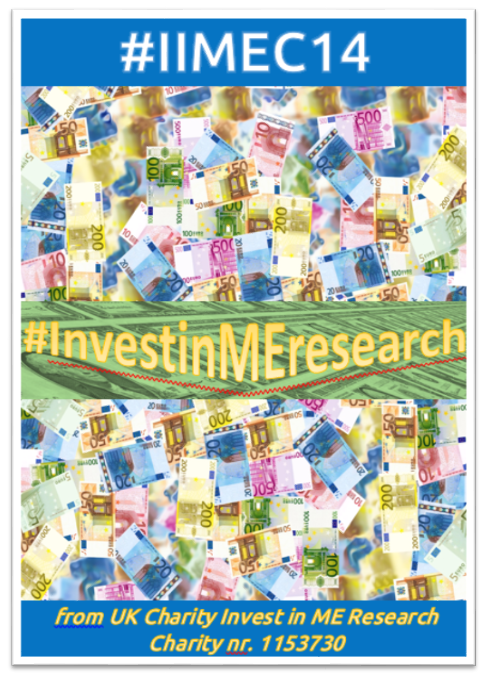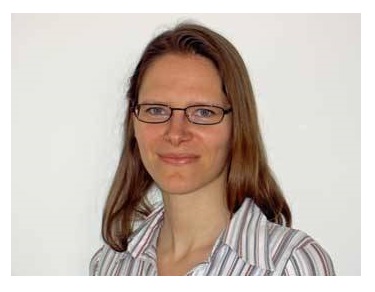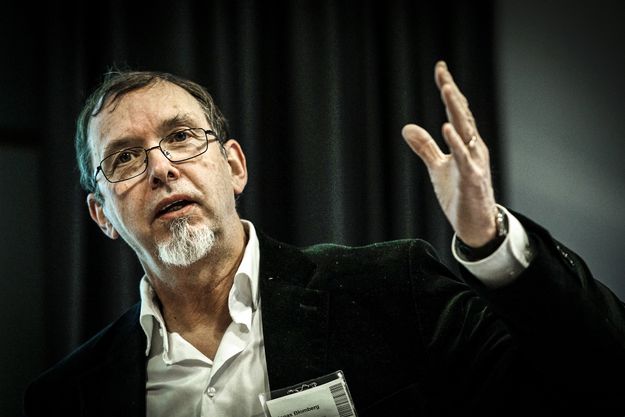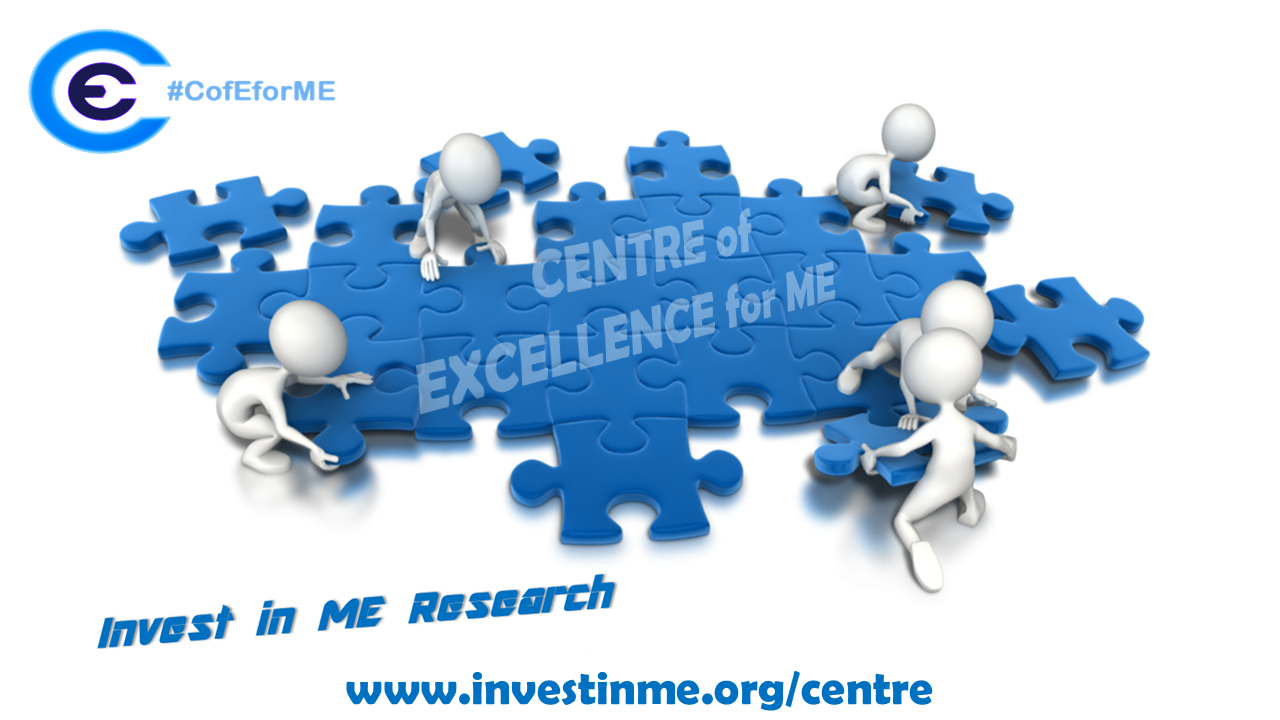IIMEC14 Video Presentations from the Conference

#IIMEC14 was the fourteenth annual international ME conference that the charity has organised in London.
For many of those years the charity often communicated with a patient/advocate in Sweden - someone we were proud to have called our friend.

Anne Örtegren passed away in January 2018.
Anne was not just a good friend of the charity, she was also an inspiration and a reason to continue to develop high-quality biomedical research into ME and up-to-date education in healthcare and the disease.
Despite incredible suffering, she was able to influence so many positive things in the ME world - from helping other patients, to educating the media and the public about ME, to encouraging researchers to become interested in ME and working with clinicians to learn more about ME.
We can see the results of her tireless efforts still today as we continue to facilitate collaborations between researchers in different countries and as we
initiate the European ME CLinicians Council (EMECC).
She was a vital link in helping us to to increase international collaboration, especially in her native Sweden, and
we would surely now have been discussing with Anne the results from the Colloquium and how we could progress.

Anne represented the very best of ME advocacy - despite the
incredible suffering she experienced. Her support and friendship to us, and many others, was an example of resilience,
determination, kindness and modesty.
Since the passing of Anne Örtegren in 2018 the charity decided to honour her memory by including a memorial lecture at every international conference that we organised.
As the anniversary of Anne's passing came we reflected on her passing at the beginning of 2019 and released last year's AOML
In 2018 at the #IIMEC13 conference the inaugural Anne Örtegren Memorial Lecture (AOML) was given. The subject was, appropriately, mast cells - something Anne was especially interested in highlighting - click here
This year we looked at what might be a good subject for the AOML - something that would honour the theme of the lecture - remembering the influence of Anne Ortegren.
Anne wanted high-quality research to be performed and she was instrumental in contacting researchers and making them aware of ME, and getting them involved. It was always a pleasure working with Anne as we prepared our Biomedical Research into ME Colloquiums in London.
The efforts made by Anne to raise awareness, educate, to help others and to work together with us were outstanding - but they also masked the suffering that she endured daily.
So the subject chosen for the AOML for 2019 was, appropriately, pain - reflecting the years of pain that Anne had to endure, something she did with
dignity, resilience, humility and determination.
She rarely mentioned the enormous suffering she was having to go through.
She never used it to make headlines, or encourage fame or to boost any ego. She did not need to.
Her character and courage were obvious to all who knew her and all that was needed for all to know what a remarkable woman this was.
Probably the best advocate for ME whom we have known.
Jonas Blomberg
Sadly, this year also marked the passing of another friend of IiMER and of ME patients - Professor Jonas Blomberg.
Jonas was scheduled to chair, once again, the Thinking the Future – Young/ECR Conference in London in May – having successfully chaired last year’s inaugural event.
He would also have been playing a major part in the BRMEC9 Colloquium and IIMEC14 Conference proceedings.
The charity was also planning on funding further collaborative work with Jonas and the Centre of Excellence.
click here
There is little that we can do other than to recognise the influence of these two great Swedes and continue to develop and to find, fund and facilitate
high-quality biomedical research into ME which will lead to the uncovering of the cause(s) of ME and to development of treatments for the
disease.


This year the Anne Örtegren Memorial Lecture was given by Professor Stuart Bevan, Professor of Pharmacology at the Wolfson Centre for Age Related Diseases, Kings College London.
From 1997 to 2005, he was Head of the Chronic Pain Unit for Novartis based in the Novartis Institute for Biomedical Research laboratories on the UCL campus.
Studies in Stuart Bevan’s Lab are focused on sensory transduction in peripheral sensory nerves and associated tissues, and the cellular mechanisms of pain and analgesia.
These investigations are carried out using a combination of in vitro methods (microfluorimetry, electrophysiology, immunostaining and molecular biology) and in vivo behavioural measurements.
The current focus of the laboratory is on the roles of Transient Receptor Potential (TRP) channels in sensory transduction in normal physiology and in pathophysiological conditions including pain induced by neuropathy, inflammation, osteoarthritis and chemotherapy treatment.
Professor Bevan's presentation is below.
Mainstreaming Research into ME - #InvestinMEresearch
The charity tries to do as much as possible to make progress in research into ME with the resources that we have.
Currently the charity is fund raising for a clinical trial at Quadram Institute as part of the strategy for developing the Centre of Excellence for ME.
Details are given here.
We welcome support to develop this initiative and others within the Centre of Excellence for ME in UK.



